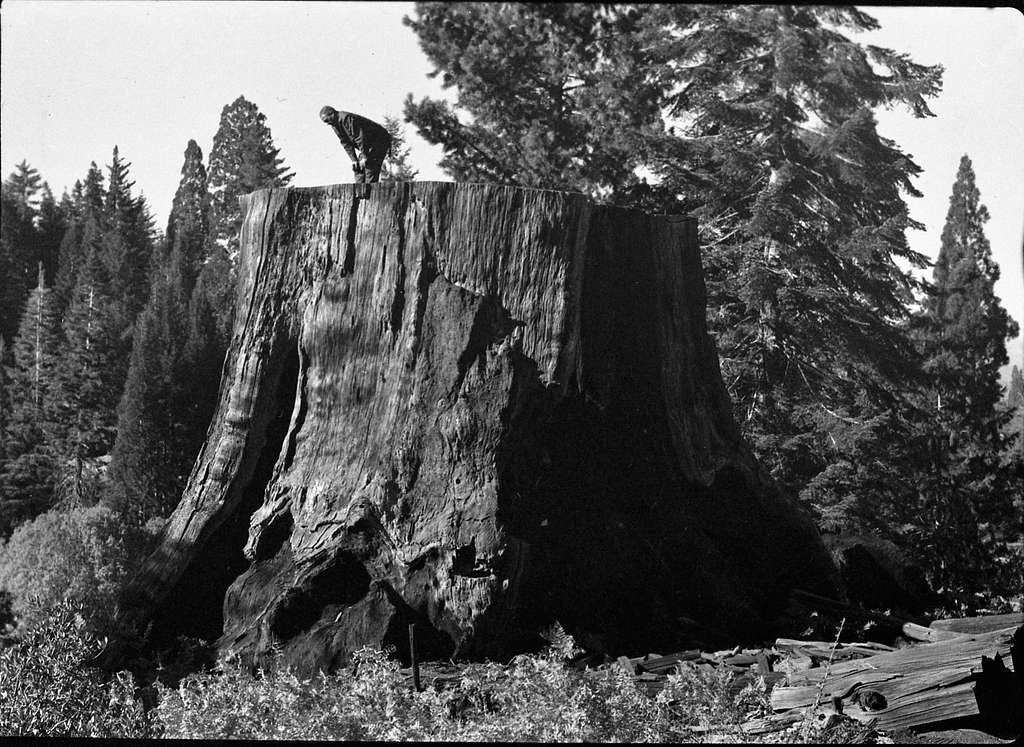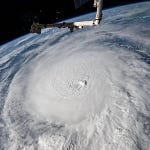One of the most bizarre artifacts of the current climate debate is how little we talk about what we ought to be doing to prepare ourselves for the onrushing storm. Here in the U.S., we spend less time exploring how to relocate, ruggedize and make ready families and communities than we spend arguing about the location of and funding for sports stadia.
Indeed, talking about personal climate response is not just difficult, has been made difficult.
When I started teaching and advising on these questions, I never expected to hear that many people feel ignored or even silenced: that denial, downplaying, triangulation, and magical thinking about an orderly transition have created an atmosphere where just talking about how we manage discontinuity in our own lives is often unwelcome. Finding others who are ready to have reasoned and serious discussions about personal climate strategies often feels like a huge relief.
In this podcast I explore what forms this climate silencing takes and make guesses about why it continues. I also talk about how critical it is that more people be empowered to look after themselves by taking actions to ruggedize their lives, hone their anticipation and better position themselves for success in a turbulent time.
Personal climate response is not only smart for you, it’s a societal good. Nobody’s helped by your lack of engagement and planning — being unready harms you without any benefit to others
Openly taking action creates pressure for change. Most of the public debate still soft-pedals the seriousness of climate chaos and ecological collapse — and almost no one is talking about the speed and scale of the response we need to rally. In this context, acting for yourself becomes a powerful vote for realism. I believe humanity would be profoundly better off with millions of people taking seriously the planetary crisis in their own lives and acting accordingly.
Alex
Listen to this episode with a 7-day free trial
Subscribe to The Snap Forward to listen to this post and get 7 days of free access to the full post archives.












